Prasoon Joshi is the CEO & CCO of McCann Worldgroup India. India has claimed the top three most effective campaigns in the world in the Warc Effective 100 2019, one by McCann India. McCann Delhi was ranked the #1 Most Effective Agency in the World. Prasoon speaks to ADFEST about what is it about India advertising that allows the nation to produce powerful campaigns that drive social movements in the country.
India’s advertising has been thriving in recent years. Were there any particular changes in social, political, cultural, or the advertising industry itself that has helped Indian advertising to thrive?
There is a willingness for growth, and we can see this coming from its people - they want to change their lives. There was a time when we used to live on islands and were unaware of our potential. But today, as our lives become more connected, we become aware of how others’ lives are transforming in various parts of the world. So it is only natural for the desire to do well to occur among Indians as well. That is why you see a lot of startups, which government schemes support also.
India has a large population and you’ve only seen the upper crust of the market. Every second client I meet today wants to go deeper into to market to understand it. And that cannot happen without the willingness of the government to allow this to happen.
So I think there are simultaneous movements happening – the movement of desire in people, as well as the system the government has in place within the business communities to empower its people to grow. This has resulted in a lot of growth for India and we will see it for many more years to come.
In such a diverse market with so many languages and culture, how do you manage to come up with ads that resonate across the different cultures?
India has always been a culturally-diverse market – whether its cultural practices, religion, believes and even geographical. But there is something that still unites the country, the underlying truth of being together is still there. It’s a very ancient civilisation so deep down, the seeds of that civilisation are still there within its people. It manifests in their practices, their attitudes towards life and their spirituality. It may not be as pronounced in everyone, but it is there. When we communicate with consumers in India, we celebrate both – the fact that there is unity in everyone, and we also celebrate their differences. And that gives us many more occasions to communicate to the consumers. Yes, there is a huge amount of diversity but we grew up with it. Someone who lived in India would understand how to communicate with another person, despite their speaking a different language. Fundamentally, we should be able to communicate with all humans as deep down, the sense of life is throbbing in all of us. There is an underlying belief that all of us share. We can communicate with the whole universe if we truly desired that.
There seems to be a focus on cause campaigns in India - at least at the awards. Is this a true reflection of its advertising?
India is far from being completely developed or from where we want to be. There is a huge population in India which has yet to benefit from India’s progress. It’s a work in progress country. This plays on the conscience of those who have been beneficiaries of this progress. We feel the responsibility to percolate it down, and that is where movements happen. It is not altruism. It is actually social-consciousness.
As a society grows, it also introspects. India being a very vibrant democracy, we debate on things society feels we have to do away with, and we hear all these views coming to the front. That is why we see a lot of social campaigns being done in the country and a rise in brands wanting to play a more meaningful role in people’s lives.
At McCann, we always speak and encourage our clients to play a more meaningful role. I’m happy to share that, this year, McCann Delhi was ranked #1 Most Effective Agency in the World by WARC, and that’s never happened before. We are creatively and strategically portraying what India is going through. So what you see is definitely a true reflection of what India is going through.
There was a difference between how India performed in the effective and creative awards. What are the challenges and opportunities for Indian ad creativity?
We are doing work that is very significant for our market and defining where global ideas are going. India’s performance is, as you can see, better than ever before so that’s a great sign. There is also a great cohesiveness between the creatives and the strategists in the country, which is always desired. There is much more to be done, and we should have many more campaigns that are noteworthy for the world. But it’s definitely a great beginning that we have entered into this era.
You managed to make it to ECD within 10 years of joining the ad industry, and a CEO within 15 years. Do you have any advice to these new batch of young creatives who are so eager to make it to the top so quickly?
I never feel conscious about giving someone a large amount of responsibility at a young age. Age is a state of mind. Sometimes you meet people who are highly-experienced, but it’s not reflected in their work. And sometimes we meet very young people who have a great maturity in what they do. The leaders before me picked me up early on in life. I did not condition myself. I was a writer before I was an ECD so that was a natural path. But taking on the responsibility of a CEO? I didn’t really feel that there was anything that I couldn’t do because it is all about learning. I have always thought about asking, “why?”. Youngsters these days would typically ask themselves, “why not?”. And I share this same sentiment. So who am I to advise?
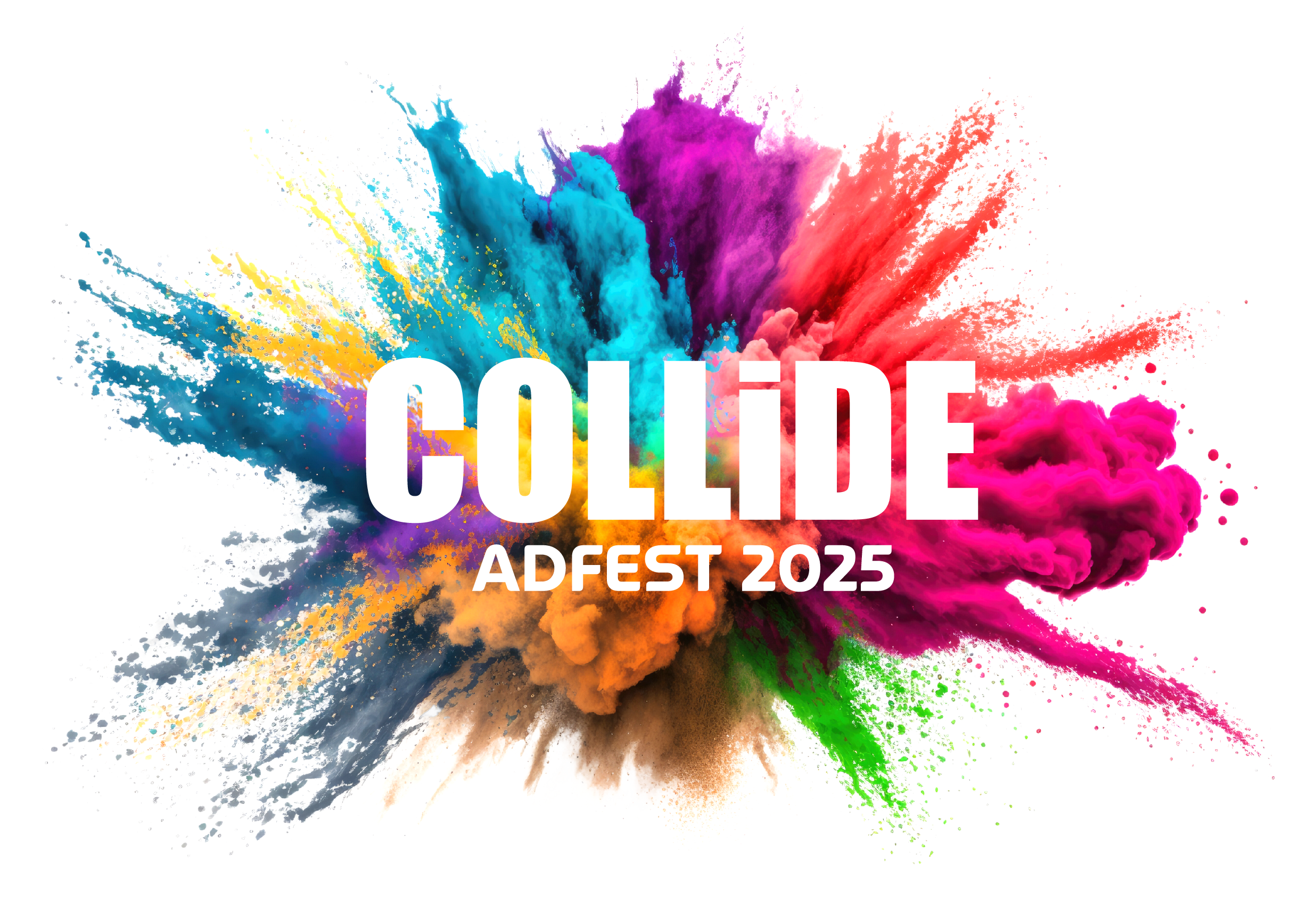





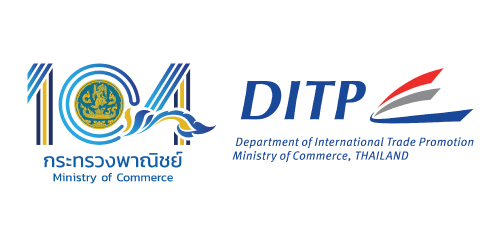
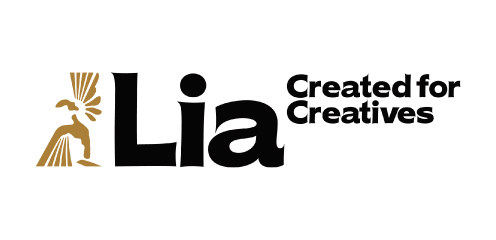



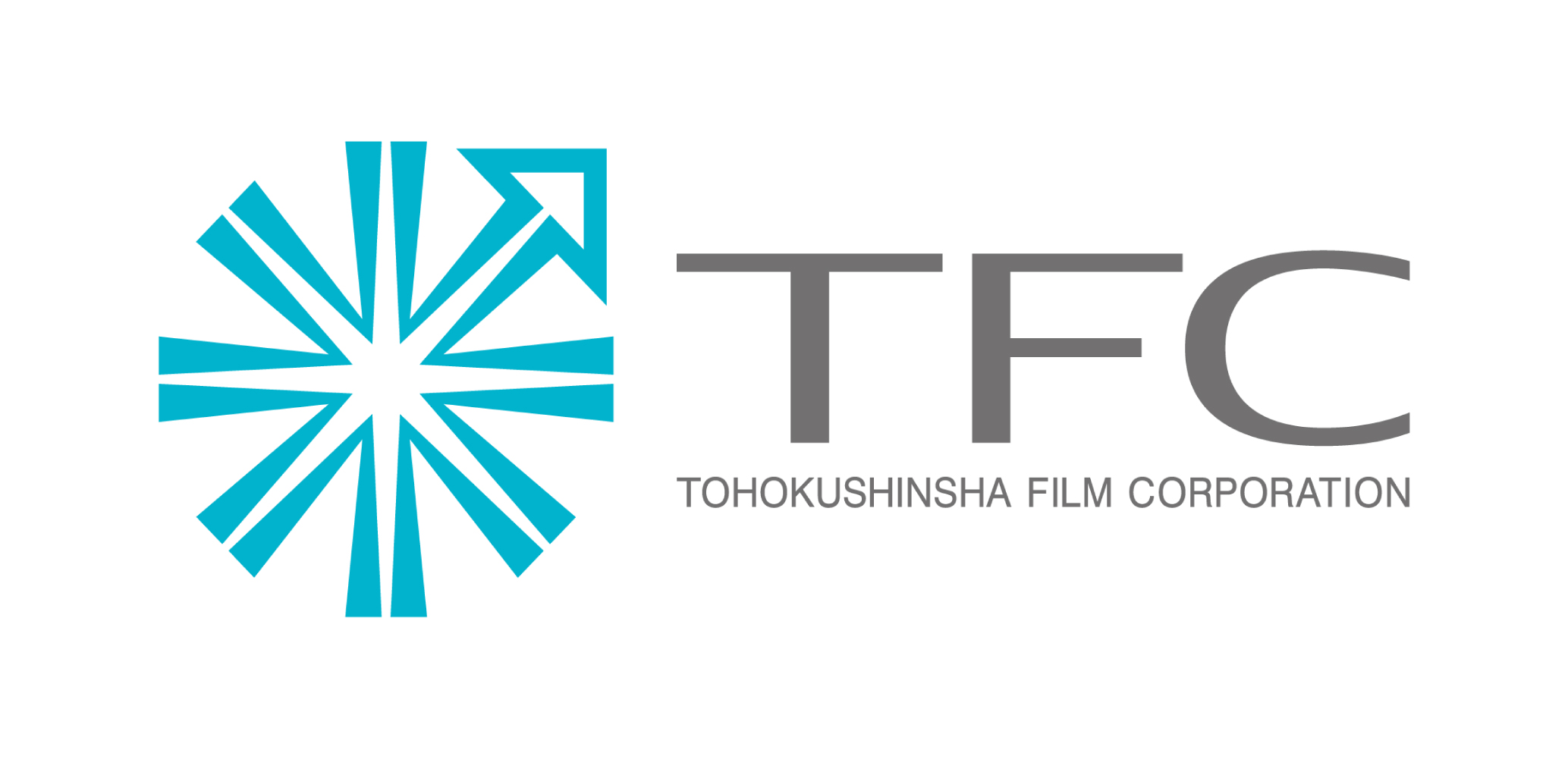
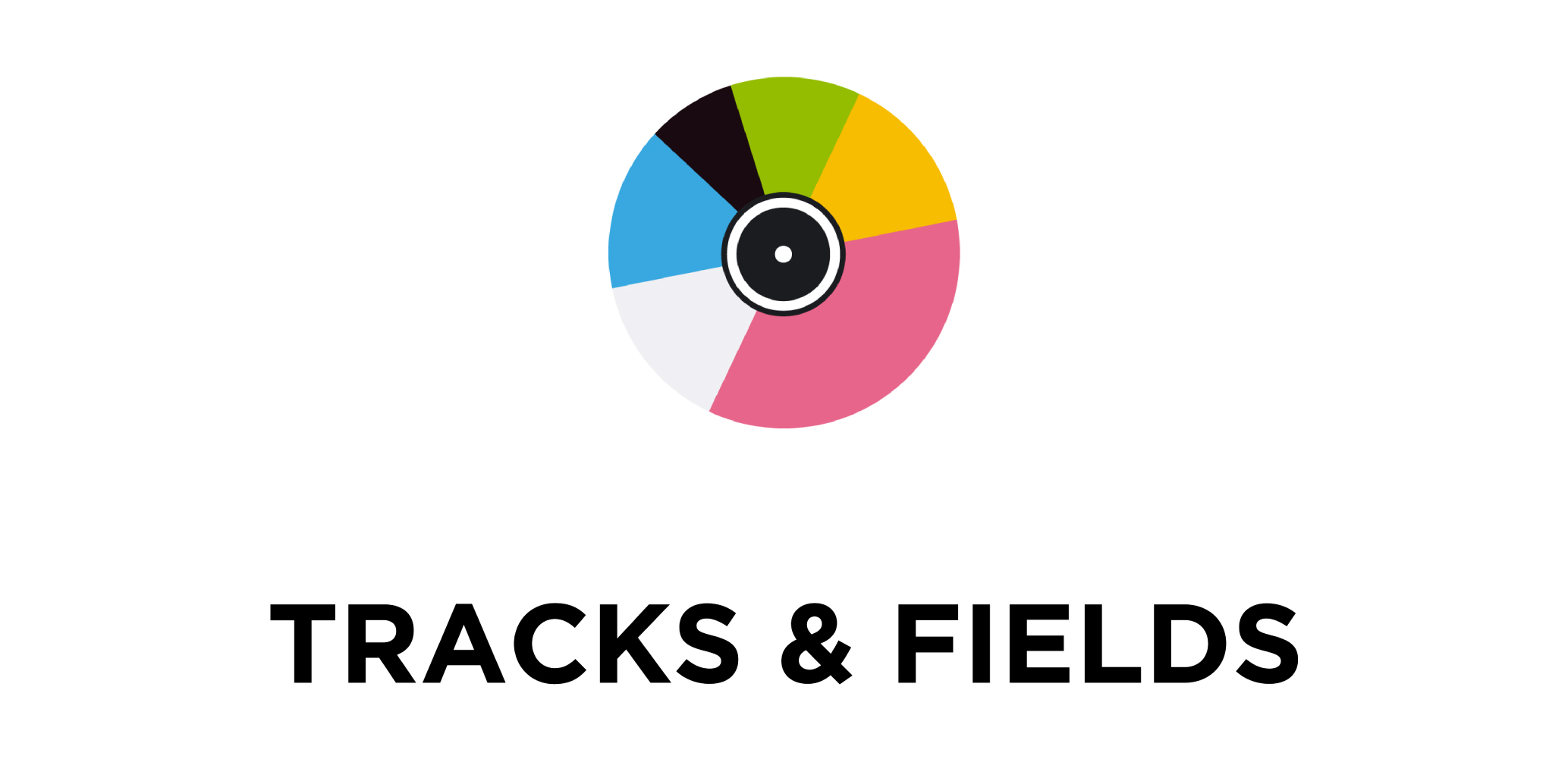



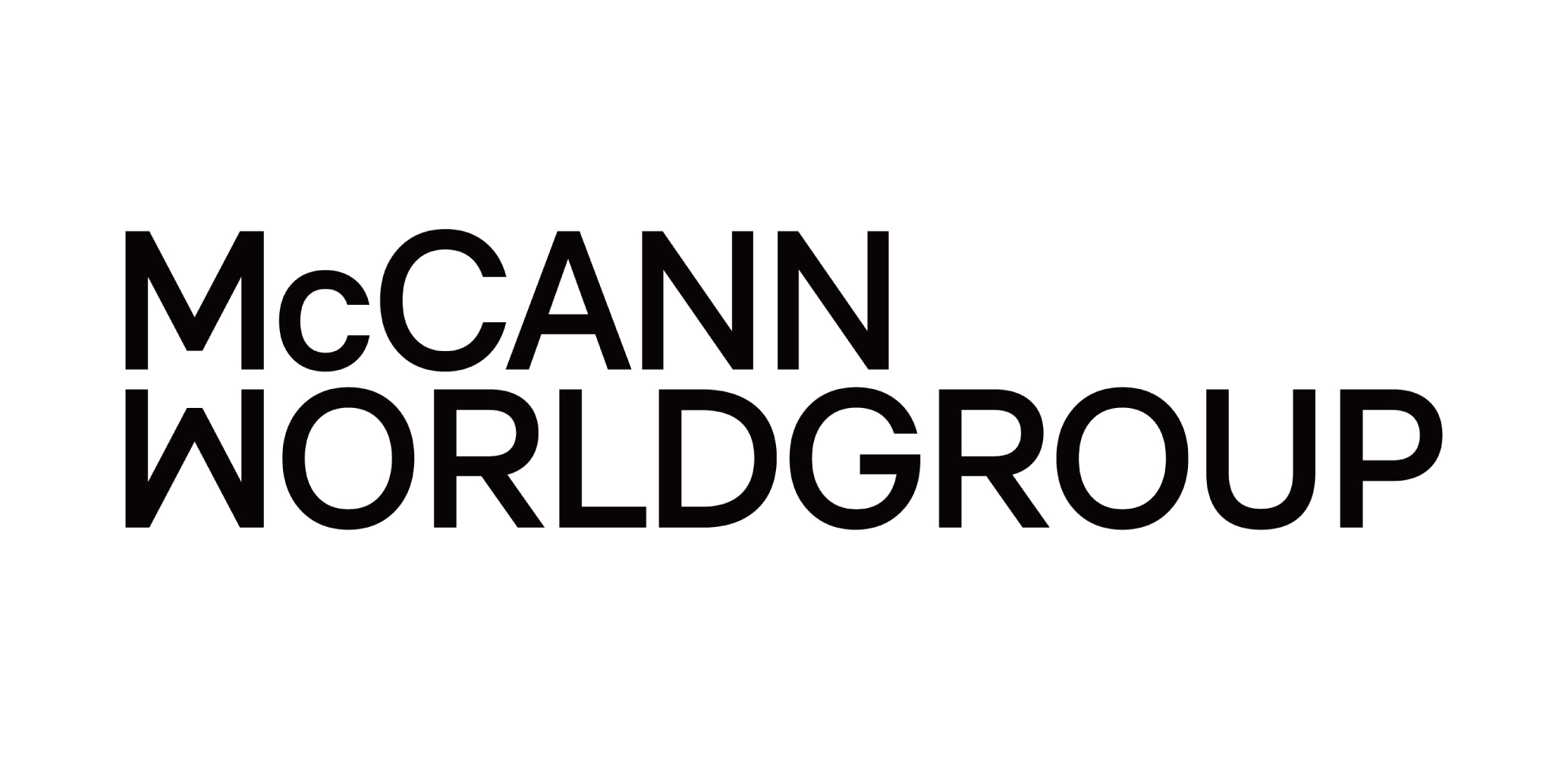


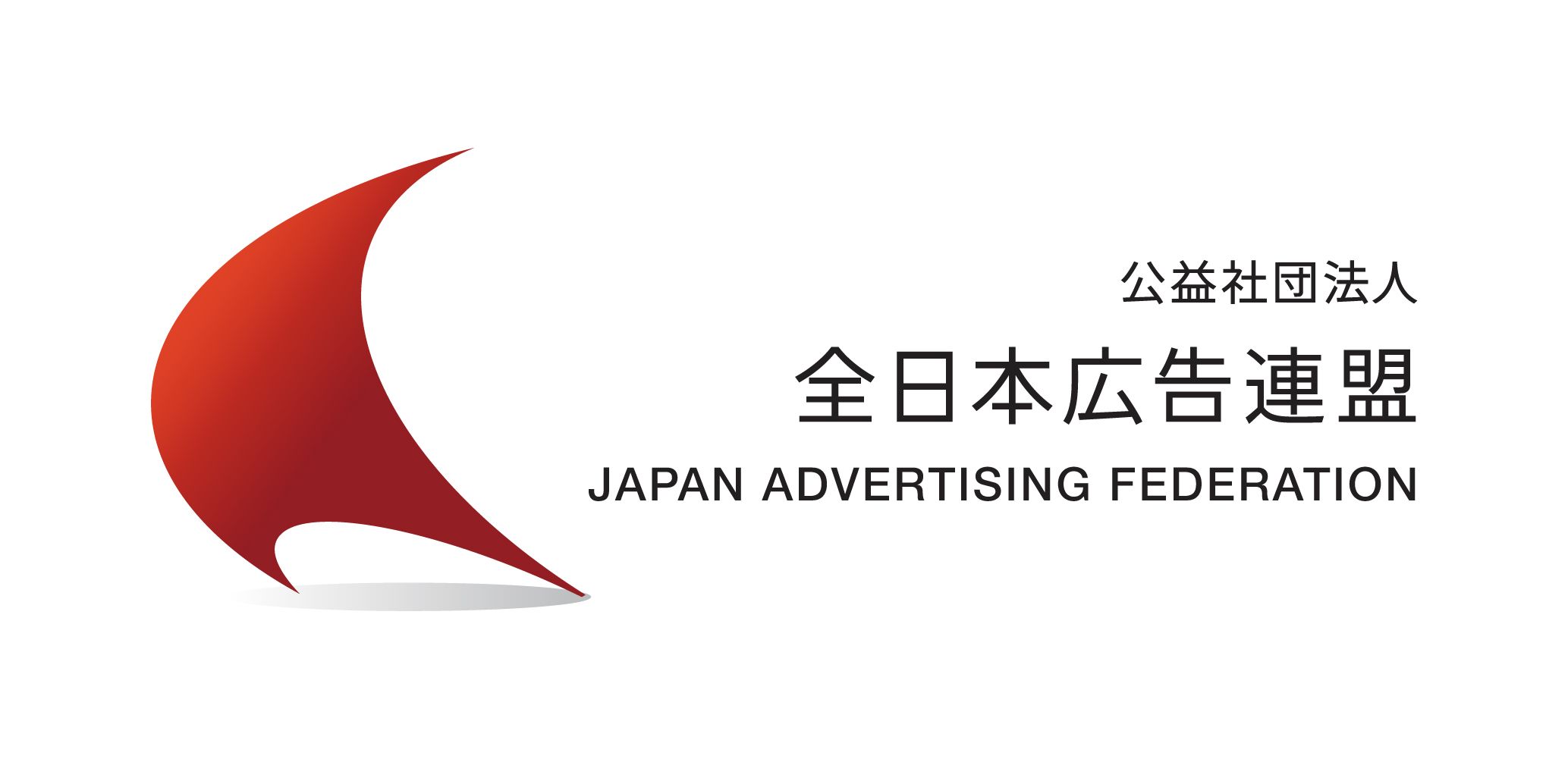
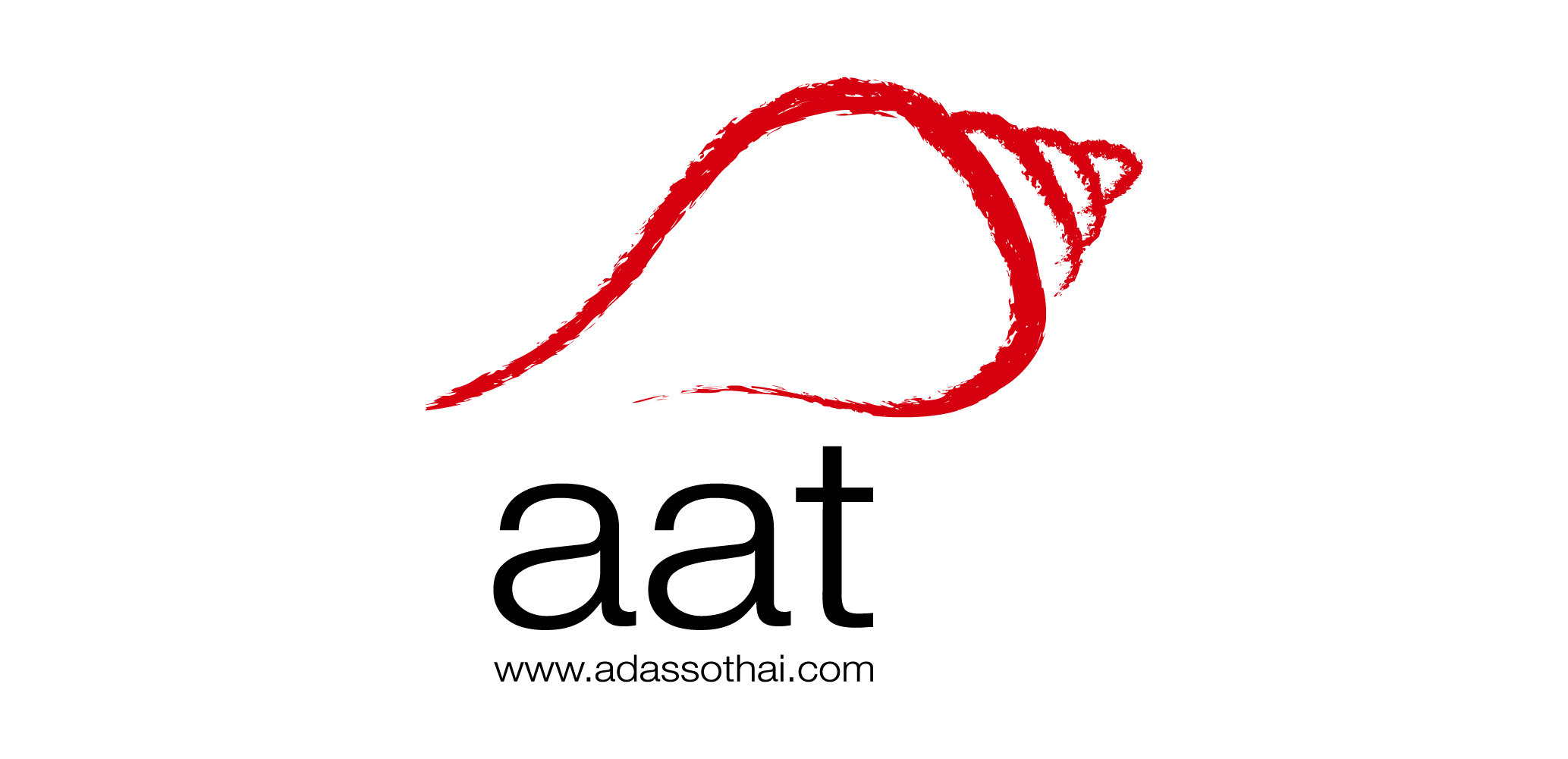
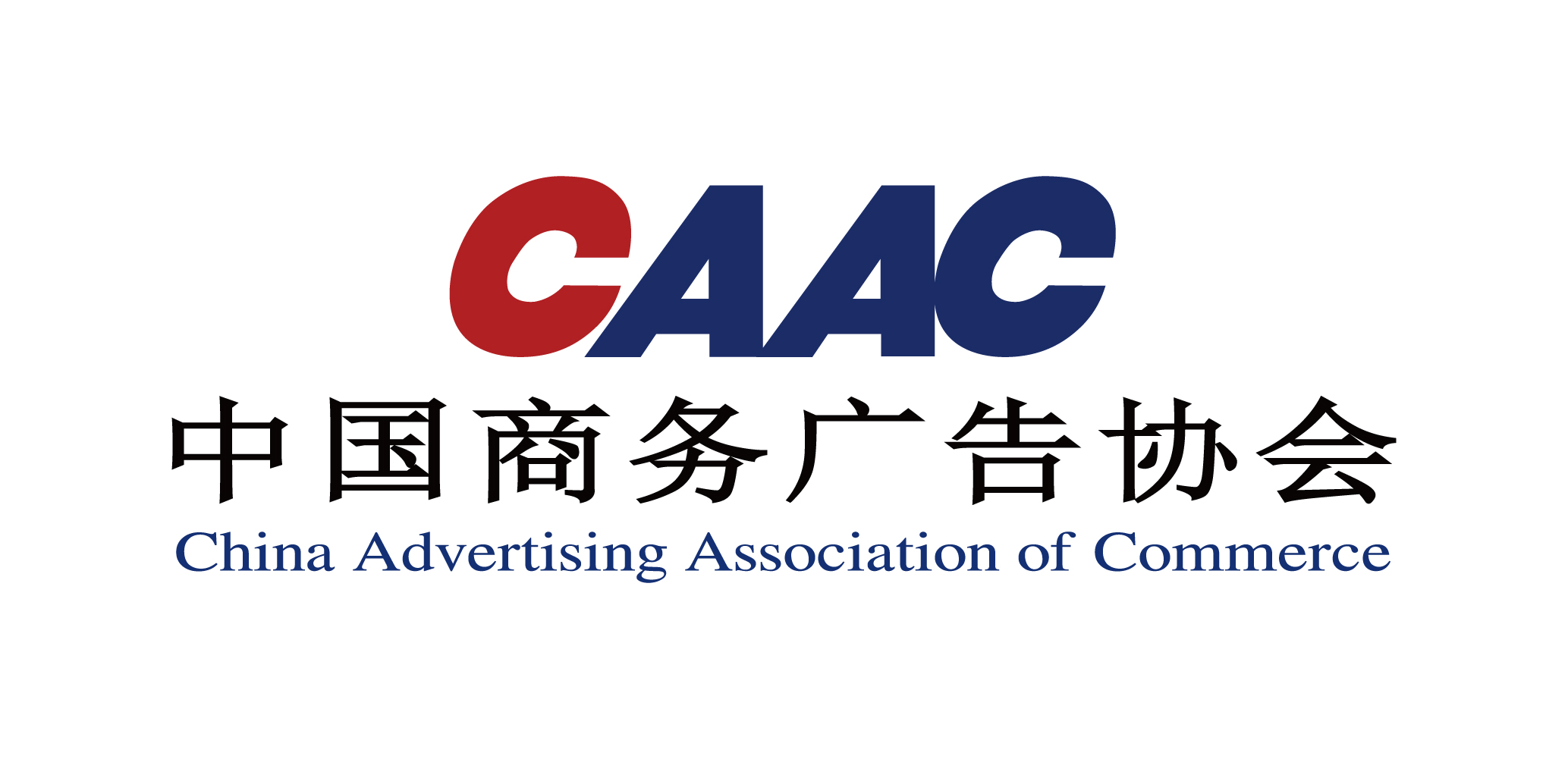















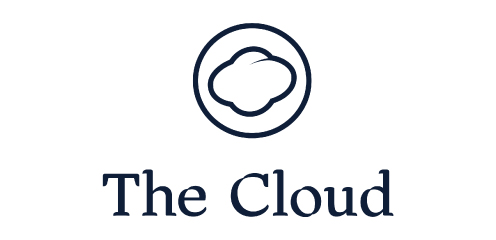


.png)
.png)
.png)
